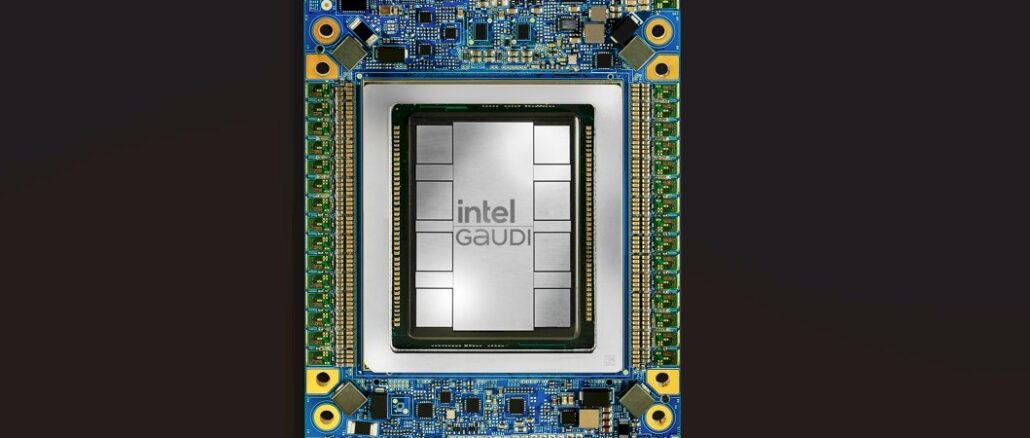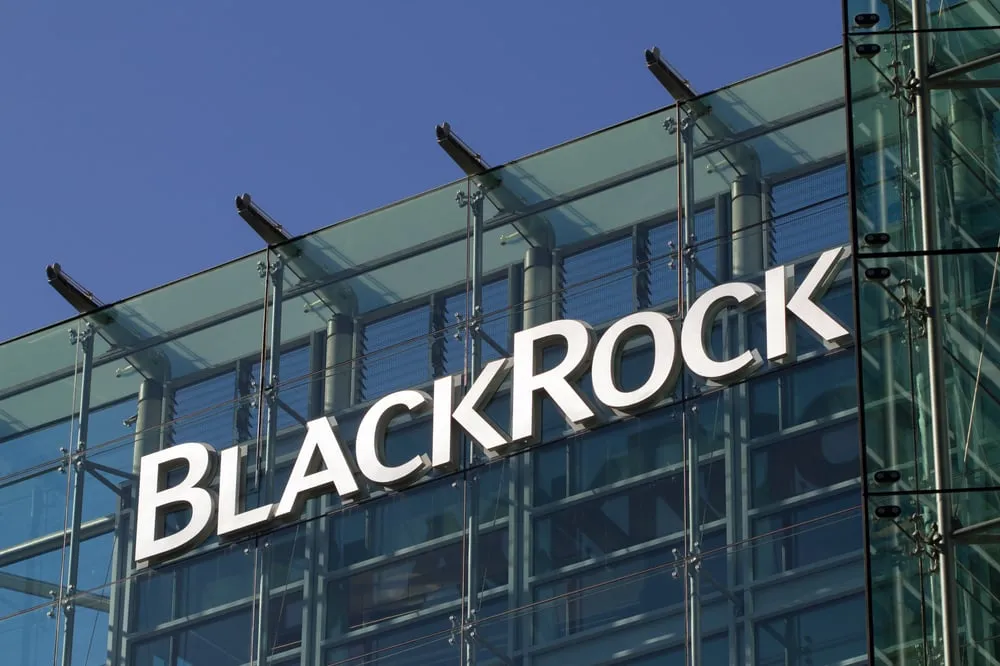Intel’s Gaudi 3 AI accelerator is emerging as a cost-effective alternative to Nvidia’s H100, with Intel pricing a baseboard of eight Gaudi 3 processors at $125,000, significantly undercutting Nvidia’s offering while claiming superior performance in AI workloads, as reported by TechRadar and Ars Technica.
A baseboard containing eight Gaudi 3 processors is priced at $125,000, equating to approximately $15,650 per unit when purchased in bulk. This pricing strategy positions Intel’s offering at roughly half the cost of Nvidia’s H100, which retails for around $30,000 per 80GB card. The significant price difference is part of Intel’s strategy to compete in the AI accelerator market dominated by Nvidia, potentially offering customers a more affordable option for high-performance AI computing.
Gaudi 3 Performance Claims
Performance claims for the Gaudi 3 are impressive, with Intel asserting up to 50% faster training times on models like Llama 7B, 13B, and GPT-3 175B compared to the H100. In inference tasks, Intel reports a 50% increase in throughput and 40% greater power efficiency across various models, including Llama 7B, 70B, and Falcon 180B. The chip also purportedly outperforms Nvidia’s H200 in inferencing speed by 30% on certain models. However, it’s crucial to note that these benchmarks are provided by Intel and should be independently verified.
AI Accelerator Market Impact
The introduction of Intel’s Gaudi 3 is poised to shake up the AI accelerator market, challenging Nvidia’s dominance. With major tech companies like Dell, Hewlett Packard Enterprise, Lenovo, and Supermicro already on board to bring Gaudi 3 to market, Intel plans to expand its partner network to include six additional companies: Asus, Foxconn, Gigabyte, Inventec, Quanta, and Wistron. This strategic move aims to make Intel’s AI systems more widely available and competitive. However, despite the attractive price-performance ratio of Gaudi 3, Intel faces an uphill battle against Nvidia’s established ecosystem and brand loyalty in the AI sector.
Source: Perplexity






